Re-imagining the possibilities of the grand piano through the use of preparations, Benoît Delbecq performs solo compositions and improvisations that layer European harmony over world music rhythms.
– Mark Werlin, AllAbout Jazz
Circles and Calligrams is the second release by The Marrow, Gordon Grdina’s Vancouver/New York project adapting Arabic and Persian forms to a jazz approach and ethos. For Grdina there is nothing exotic in this endeavor – he’s been playing oud since he was a teenager and first recorded with it on his Songlines debut, Think Like the Waves (2006); his Arabic/jazz 10-piece, Haram, debuted in 2008 and released Her Eyes Illuminate in 2012. The Marrow explores a deeper level of expressive fusion between worlds by means of original compositions (some more or less rooted in tradition, others more fluid in the influences they stir together and the emotions they evoke) and performers whose intuitive grasp of the material and group dynamics is very finely honed.
As Grdina notes, “This recording carries on the development of the ensemble from where Ejdeha left off. The group is defining its own aesthetic, combining aspects of the Persian dastgah and Arabic maqam systems with free improvisation and harmonic fluidity. The band is dedicated to creating modern music that pays homage to tradition while championing personal expression. The title Safar-e-daroon means ‘inner journey.’ The group as a whole and each of the individual musicians are searching inward to best express their own experience of life, love and sorrow. We hope this music will help the listener on their own Safar-e-daroon.”
The program is organized as a sort of rough analogue to this inner journey. It starts with the title tune, the one most structured within the Arabic modal system (maqam) and which in its second half is played in the Iraqi folk georgina 10/16 rhythm. It also features an exciting oud solo. “Mini-con” features a high-flying solo by the newest member of the group, the in-demand Canadian violinist Josh Zubot. Says Grdina: “He plays with an intensity and fluidity that I rarely hear. He has a history with many different styles of music and is able to bring out aspects of all of them while maintaining his own voice.”
Next comes “Calling on You,” one of three pieces composed by Mark Helias, who has been collaborating with Grdina now for over a decade – another departure from Ejdeha, where Grdina was the sole composer. His pieces “are less Arabic sounding and stretch the oud into territory less travelled. It is a language that all of us except maybe [percussionist] Hamin Honari are more familiar with.” Helias also fulfills an essential role as a performer: “Due to his deep understanding of the jazz, free improv and also the Arabic tradition through his work with the Lebanese singer/oud player Marcel Khalife he creates a fluid movement on the bottom that supports while not directing and tying the music down. It retains a sense of ambiguity that for me is essential to giving the music life.”
Hank Roberts contributes a gorgeous, yearning, raga-like solo to “Shamshir,” a more stately tune situated squarely in the Arabic tradition. And Iranian-Canadian percussionist Honari is the focus of his piece “Illumination,” a composition with a peaceful vibe that is based on daf rhythmic variations and development. (The daf is a large Persian and Arabic frame-drum with metal ringlets.) “The melodic material is then developed with a sense of feeling these rhythms together without real solo sections but instead a sense of group interaction while living within a rhythmic structure.”
“Convergence” invokes the music of West Africa through “an osmosis that brings together different influences like Boubacar Traore and Hamza El Din with a sense of folk simplicity and directness…a feeling of transcending differences and celebrating the similarities and connections between influences.” The last tune, “Gabriel James,” which sounds like a kind of pan-folk anthem, closes the circle. “I wrote the melodies for the strings on top of the harmonic structure in a sort of chorale style. I think the band really created something beautiful out of it.”
Tracklist
Please note that the below previews are loaded as 44.1 kHz / 16 bit.Total time: 00:53:53
Additional information
| Label | |
|---|---|
| SKU | PWSGL15832 |
| Qualities | DSD 512 fs, DSD 256 fs, DSD 128 fs, DSD 64 fs, DXD 24 Bit, WAV 96 kHz, FLAC 192 kHz |
| Channels | |
| Artists | |
| Composers | |
| Genres | |
| Original Recording Format | |
| Release Date | July 24, 2025 |
Press reviews
All About Jazz
Some of the tunes Delbecq played with the trio are reworked here. “Ando” finds the melody navigated with a lyrical air and while the chords are emphasized to complement the runs, he also uses the body of the piano as a percussion instrument. The two vistas of the tune are stunning in their own right and Delbecq has the vision to make them so. A conglomerate of piano, plucked strings and prepared sounds make-up “Biobeat.” The beat is pliant and Delbecq infuses it into the melody, romping along while hammering home a complement of rumbling chords. The pieces fall in neatly, the angularities wrapped in a singing, dancing body. Delbecq is an exciting presence who is enticing in his approach and marvelous in his execution of the music.
The Free Jazz Collective
I pointed out his exceptional use of prepared piano, his pointillism, attention to detail, creativity and broad musical range. Now, on his second solo album, he does it all again, and taking it even a step further….The tone of his compositions also have a broad scope : subdued, meditative, hypnotic or just plain fun : they keep their unique and recognisable approach leading to strong unity despite the variation. Intelligent, unique in its vision and approach, compelling and of an incredible lightness. An absolute joy to the ear.
SoundStage!/HiFi
While a few of the pieces feature Delbecq alone at the piano, on most he establishes a percussion or melody line (often both) and solos over them. At times the effect Delbecq creates is vaguely electronic, as on “Ando.” Delbecq plays a repetitive, lower-register melody, over which he injects various percussion sounds, all generated from the piano. The percussion is exotic, and Delbecq’s untreated solo piano darts around it, with occasional chords helping to center the piece….Delbecq’s compositions seem cerebral at first, but for all the air of experimentation that hangs over his work, there’s also a playfulness and joy. His sound is occasionally edgy and somber, but it’s ultimately hopeful, even childlike in its openness to possibilities….Both recordings are sonically rich because of the ways Delbecq manipulates the piano for various effects…
New York Times
A thoughtful chill runs through the music of Benoît Delbecq, a French pianist of investigative temperament and crystalline technique….There’s a ton of compressed energy in his playing, but he projects an unflappable calm. Mr. Delbecq has two new albums, both excellent reflections on his musical identity….The solo album is partly a showcase for Mr. Delbecq’s piano preparations: manual tweaks to the instrument, using erasers and pieces of wood, that put a range of expressive timbre at his fingertips….(The piano is exquisitely recorded by Mr. Delbecq’s regular engineer, Etienne Bultaingaire.
Only logged in customers who have purchased this product may leave a review.
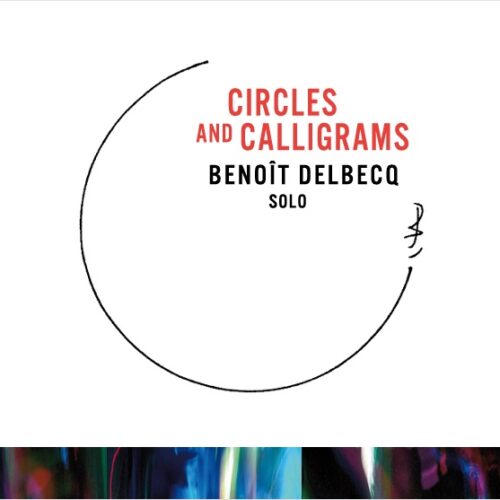

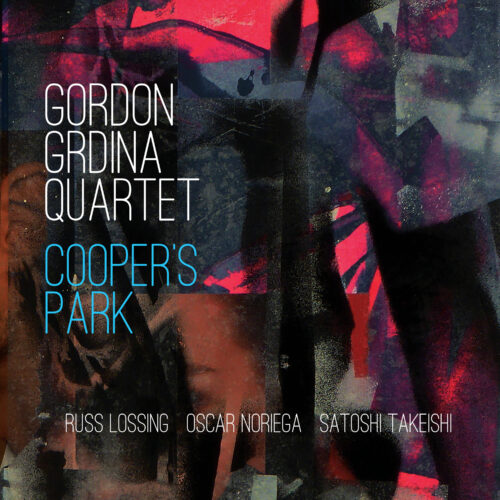
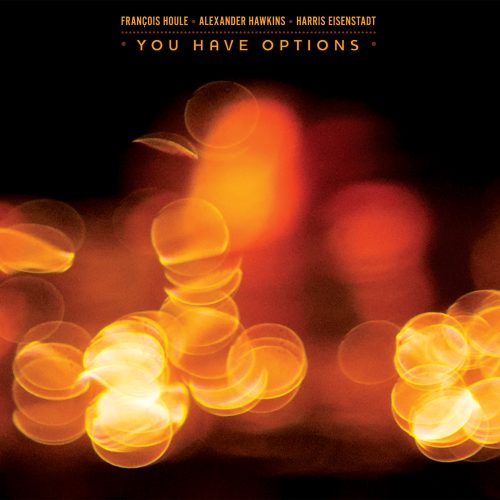
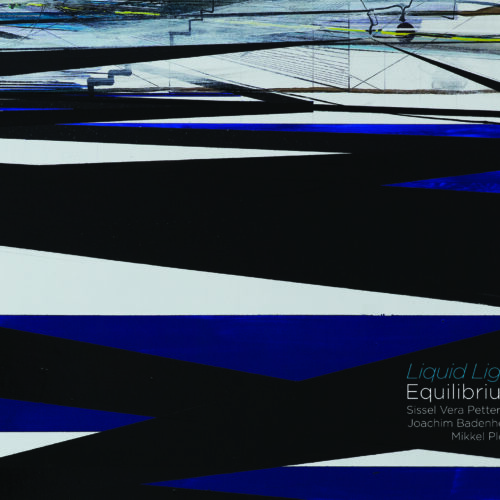
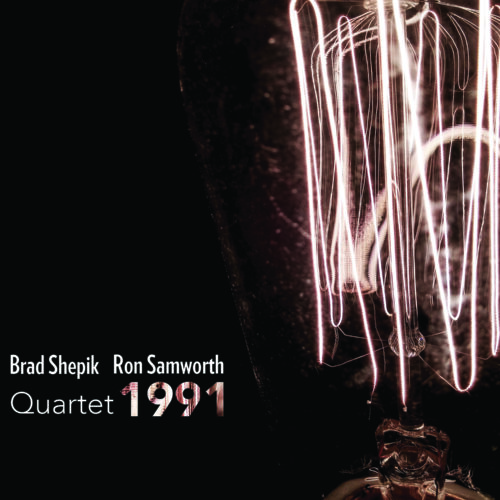
Reviews
There are no reviews yet.